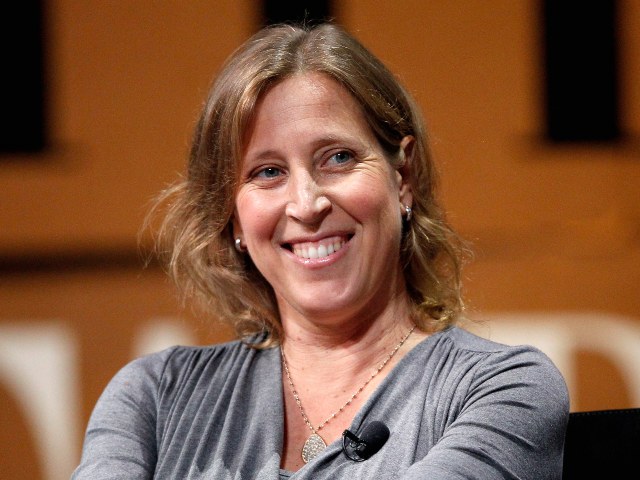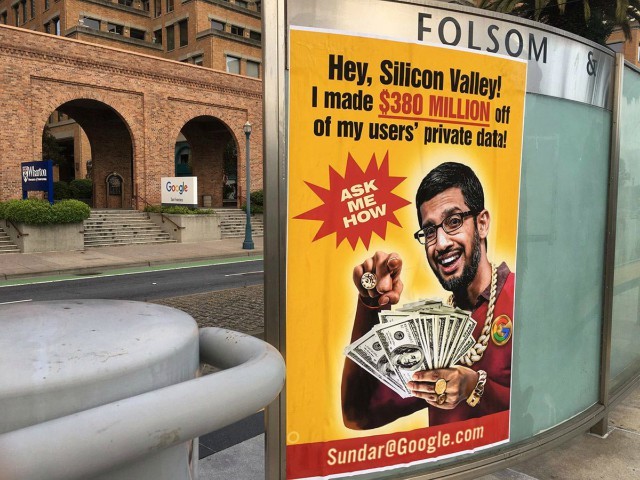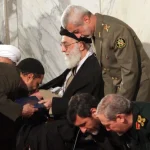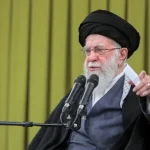
YouTube CEO Susan Wojcicki recently announced plans to step down as CEO and will be succeeded by the censorship-happy Neal Mohan. Wojcicki leaves a legacy of censoring independent creators and favoring corporate media.
CNBC reports that Susan Wojcicki has announced that she is stepping down as CEO of YouTube after eight years in the role, and YouTube Chief Product Officer Neal Mohan will replace her. With more than 2.5 billion monthly active users, YouTube has become the most popular video platform in the world. She has overseen the expansion of the company’s physical footprint in areas such as New York and San Bruno, California.
Wojcicki announced her resignation in a blog post, stating that she would be stepping down from her position to devote more time to her family, her health, and her passion projects. She will continue to have a presence at the company, collaborating with YouTube teams, mentoring staff, and meeting with creators. She has also agreed to accept an advisory position across Google and parent company Alphabet.
Neal Mohan will take over from Wojcicki. His appointment as the new head of YouTube suggests that the company is looking to continue its growth and expansion, but may extend its harsh censorship practices.
Since joining YouTube in 2008, Mohan has been vocal about encouraging censorship on the platform. In an interview with David Pierce, Protocol’s editor-at-large, Mohan claimed that independent creators who express their views on newsworthy subjects lack context and should therefore be silenced and censored. In order to provide context and explanations for news events, he claimed that authoritative sources are necessary. He contrasted authoritative content with content from other creators, arguing that independent creators do not provide the same level of context.
Under Wojcicki, YouTube introduced a policy stating that “anything that would go against WHO (World Health Organization) recommendations is a violation of our policy.” The policy was critcized by many, including the well-known podcaster Joe Rogan. YouTube has stated that authoritative sources are ten times more likely to appear at the top of search results for some news events and that it won’t recommend YouTubers for breaking news.
Although Mohan’s position on censorship is troubling, it is unclear how he will approach his new position as YouTube’s CEO. It is obvious that TikTok and other social media platforms are increasingly challenging YouTube, and the company will need to keep innovating and evolving to stay on top.
The ability of YouTube to overcome the difficulties it has recently encountered will also be a determining factor in the company’s future growth and expansion. Containing the platform’s explosive growth has been one of the biggest challenges. Google and YouTube paid $170 million in 2019 to resolve allegations that the video platform had broken laws governing children’s privacy. Along with the coronavirus pandemic and the 2020 elections, Wojcicki faced criticism from leftists for the platform’s inability to thwart supposed “misinformation” and “disinformation” campaigns, while conservatives criticized the company for its harsh censorship rules.
The demonetization practices of YouTube, which have cost some creators money, have also drawn criticism. According to the company, it is working to enhance its procedures and guarantee that creators are treated fairly.
Read more at CNBC here.
Lucas Nolan is a reporter for Breitbart News covering issues of free speech and online censorship. Follow him on Twitter @LucasNolan






